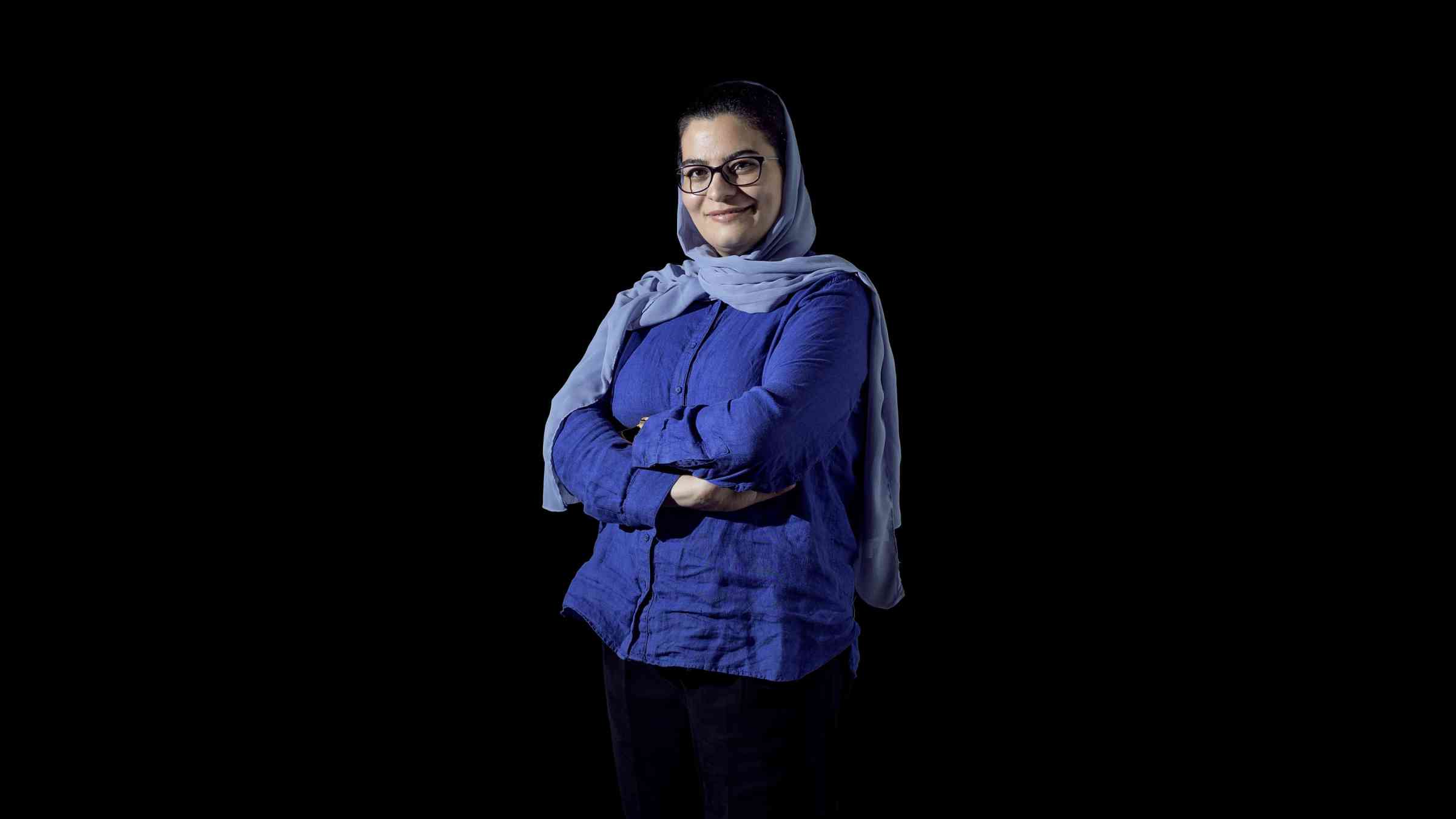Soosan Momeni Mokoee: “Even small preparedness actions can significantly reduce the impact of disasters”

Soosan Momeni Mokoee works as Shelter-WASH Coordinator for the Norwegian Refugee Council (NRC) in from Tehran, Iran.
“I will never forget that day of 2011 when I visited Bam City,” Soosan recalls. “It was eight years after an earthquake had devastated the city. The signs of the tragedy were still everywhere. This is when my personal DRR journey started.
She continues: “During all of my academic research in the field of post-disaster reconstruction, I saw how communities in different locations, situations and timeframes recover after a disaster. This experience helped me better understand how preparedness actions could reduce the impact of such hazards. Ever since, my work has been geared towards integrating DRR into humanitarian work.”
When she joined NRC in 2019 as an emergency officer to assist flood-affected people in the west of Iran, Soosan realized once again how focusing solely on emergency response is not sufficient. “We needed to better integrate disaster risk reduction into our programmes. We were missing that preventive aspect.”
“So we started to mainstream DRR into our schools rehabilitation projects, which are now a standard for all NRC school interventions across the country. Then we expanded our work to the refugee settlements by conducting hazard risk assessments. We could introduce some community-based DRR components.”
“Even though it was challenging at first to convince participants about the importance of DRR, about how crucial it is, they realized it eventually. As a matter of fact, they now actively request us to include these components in their projects.”
With her strong educational background in post-disaster reconstruction, Soosan Momeni Mokonee has been uniquely equipped to incorporate a preparedness approach aimed at reducing the impacts of disasters. Four years after she joined NRC, DRR is now successfully integrated into the NGO’s programmes and is perceived as a crucial component of behavioral change, fostering a greater understanding and commitment to its implementation.
“Looking ahead, I really hope to see DRR being fully integrated in all sectors, including humanitarian response efforts,” Soosan says. “I strongly believe that even small preparedness actions can significantly reduce the impact of disasters. So please do consider to split the activities that you think are big scale into small but impactful pieces, and then mainstream them into your programmes.”